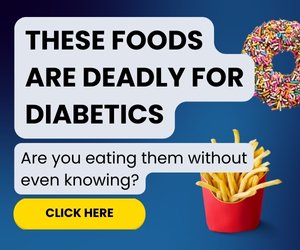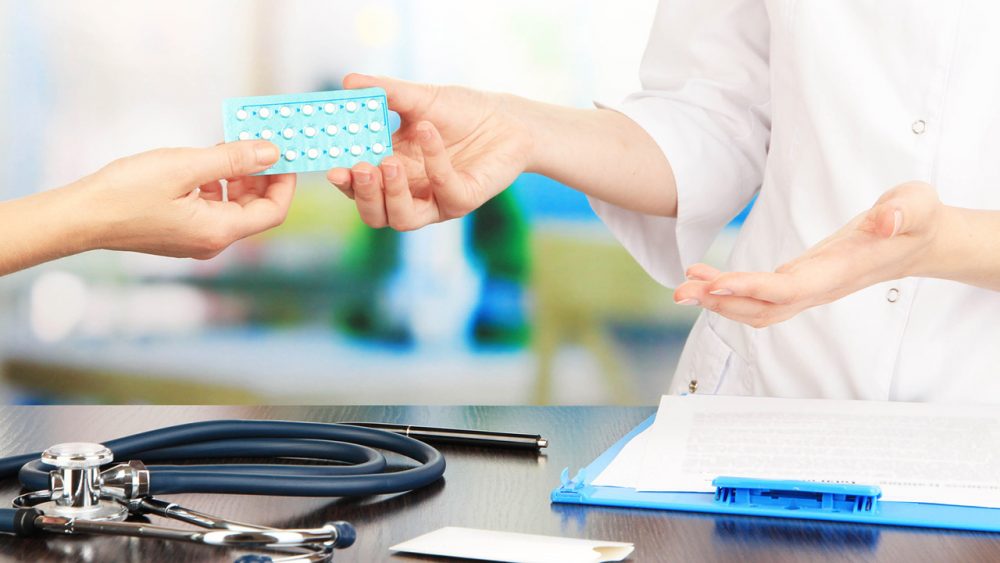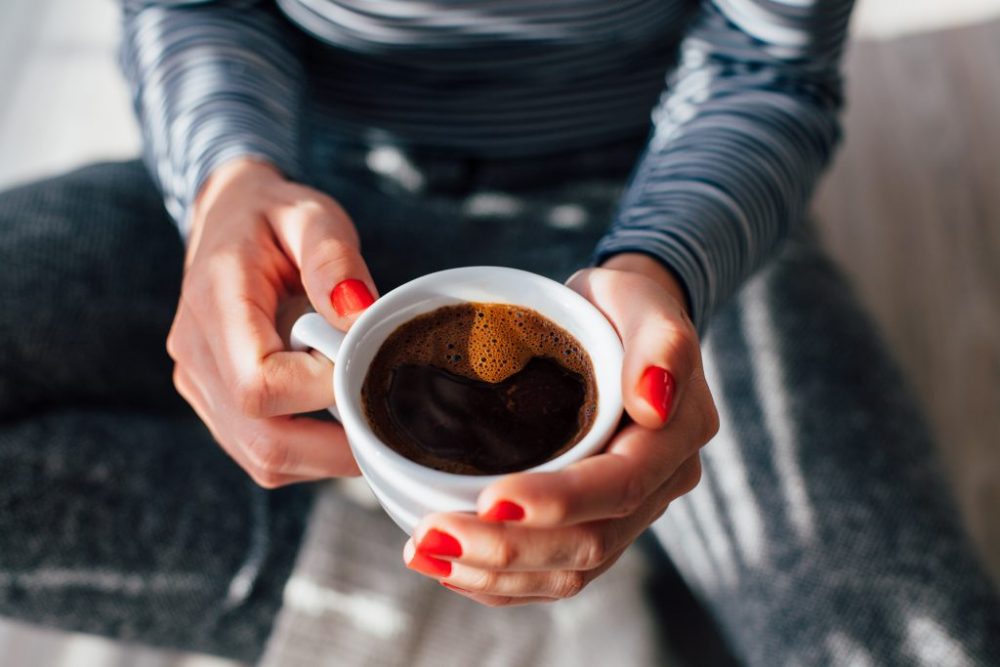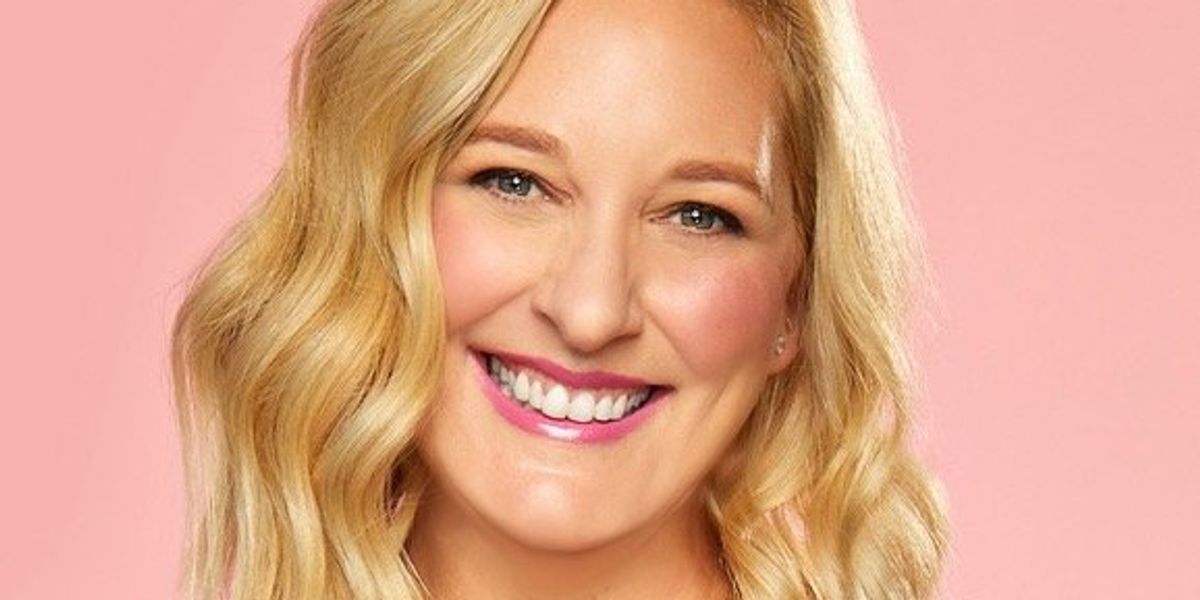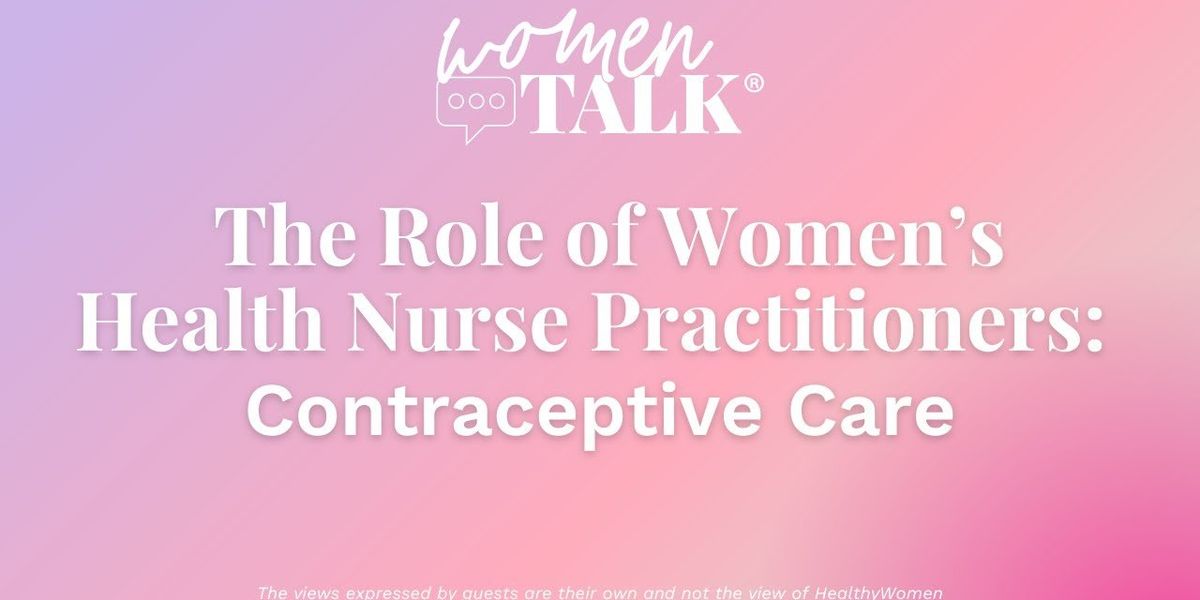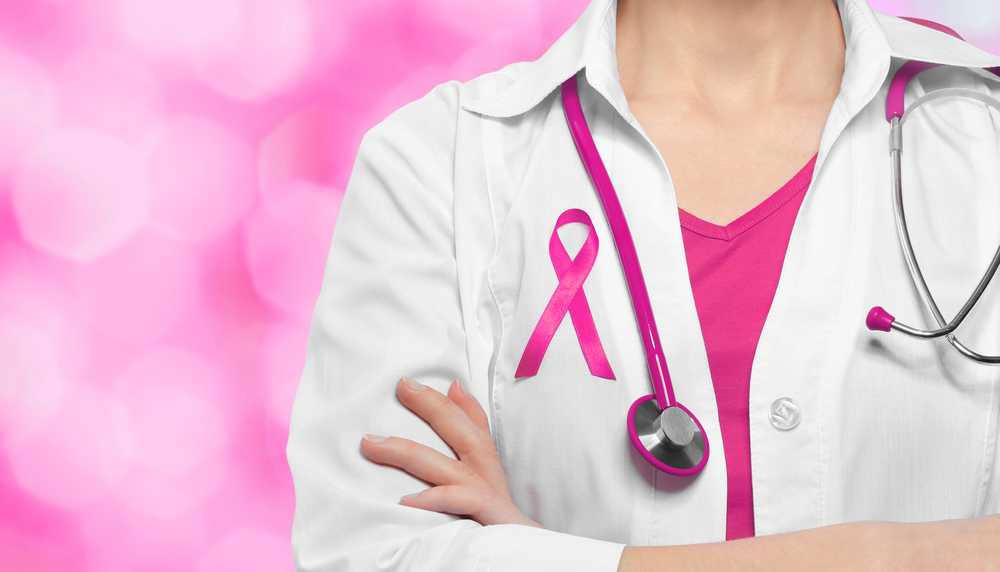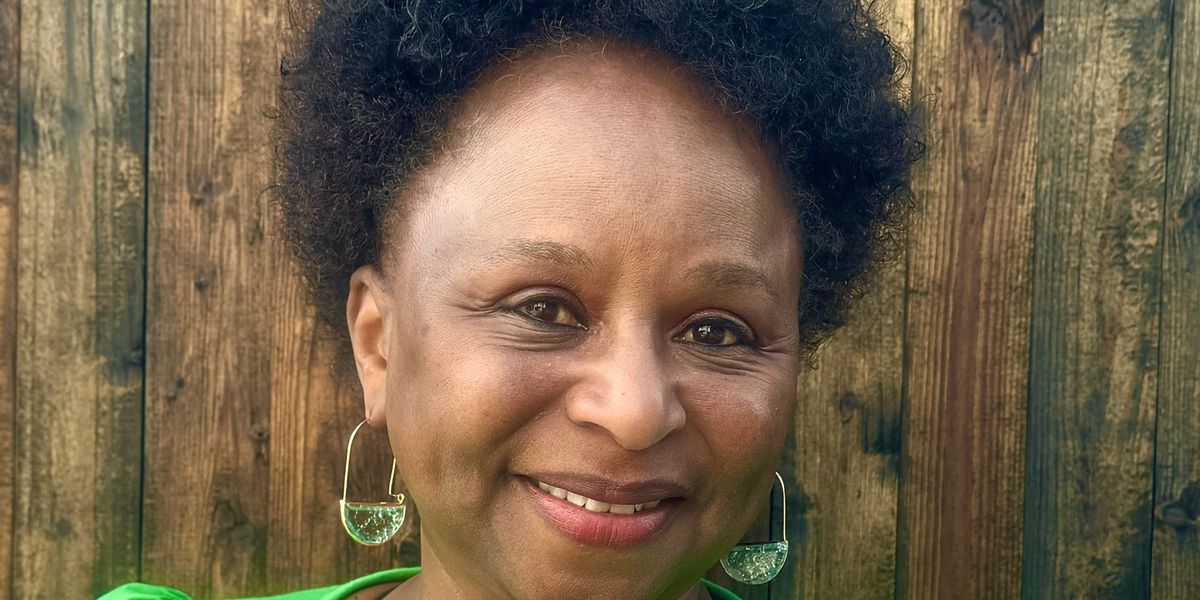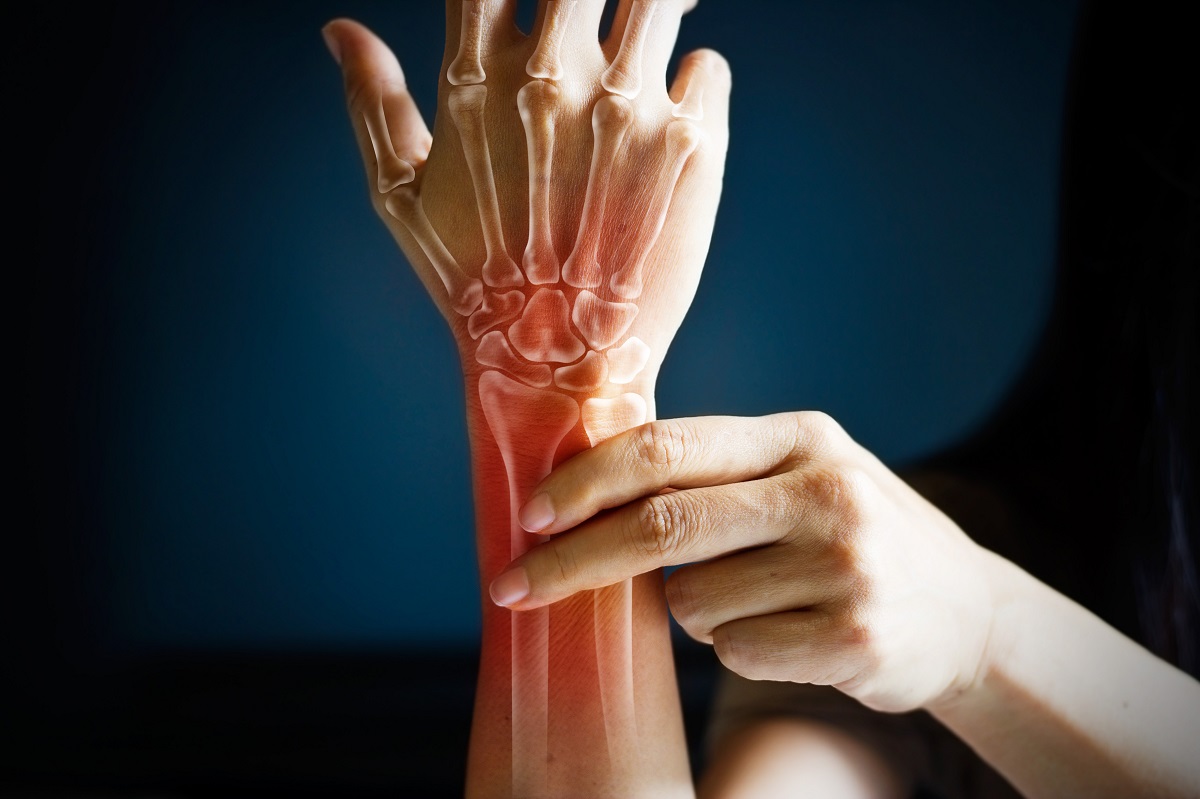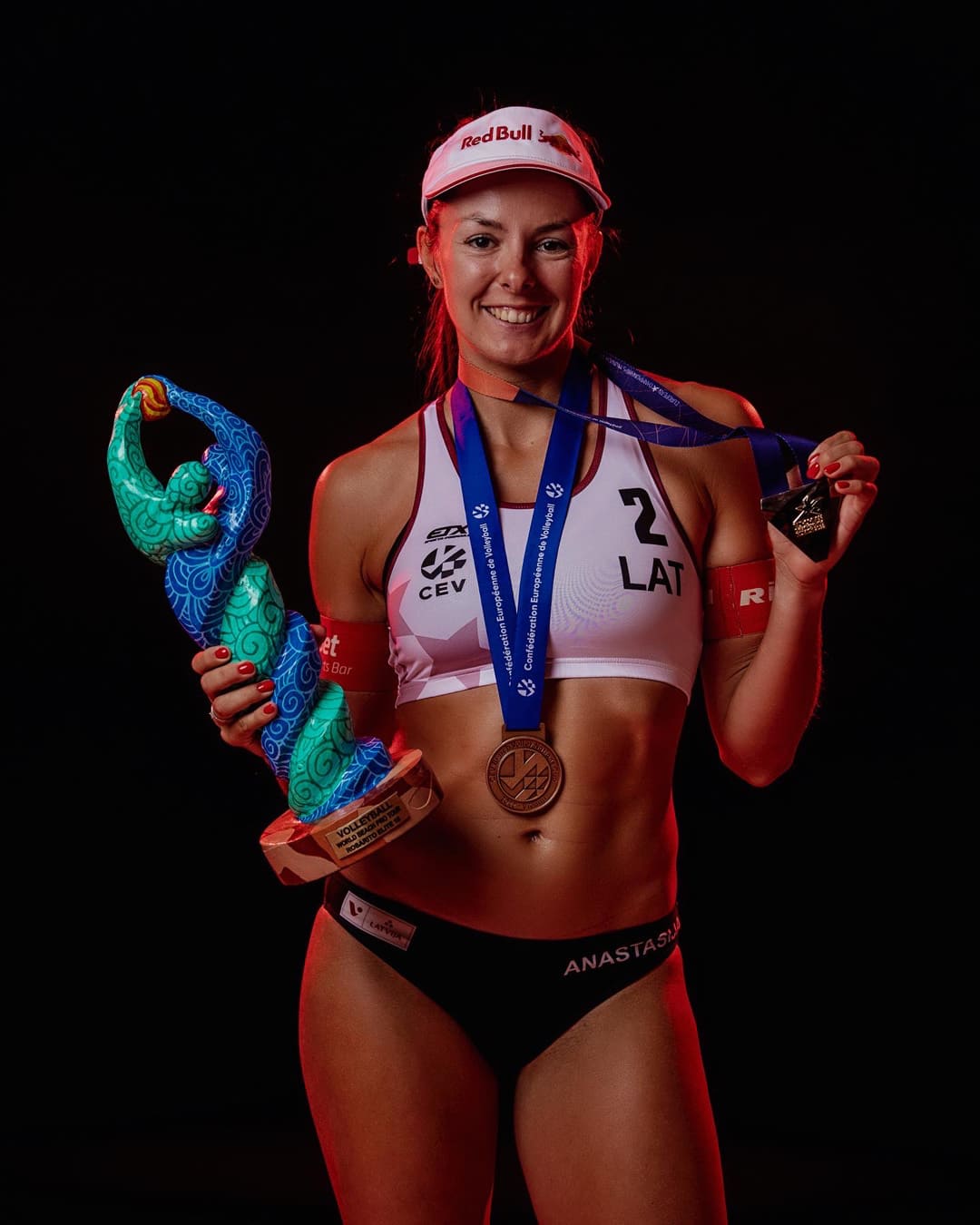7 Alternatives to Regular Coffee
“Caffeine is a stimulant that can increase energy and focus, but for some that are sensitive, it can be too stimulating and lead to a hyperactive mind with increased stress and anxiety,” says Uma Naidoo, MD, a nutritional psychiatrist at Massachusetts General Hospital in Boston and a Harvard Medical School faculty member.
A few factors are at play here, says the psychiatrist Ryan Sultan, MD, an attending physician at NewYork-Presbyterian Hospital and director of the Mental Health Informatics Lab at Columbia University Irving Medical Center in New York City. For starters, caffeine stops your body’s attempt to calm you by blocking adenosine, a brain chemical that promotes relaxation and sleepiness. It also stimulates the release of adrenaline, a hormone that triggers your body’s fight-or-flight response.
“This surge can mimic anxiety symptoms, such as increased heart rate, jitteriness, and heightened alertness,” Dr. Sultan says. As a result, people with anxiety disorders are often encouraged to limit how much caffeine they consume.
As for exactly how much caffeine is too much for those with anxiety disorders, it often varies from person to person. Some may find they can still have some caffeine without aggravating their symptoms, while others may need to stay away from it altogether. “I always recommend people listen to their body when it comes to caffeine,” says Dr. Naidoo.
Whether you’d like to limit your caffeine intake or avoid it altogether, here’s a look at seven low-caf or decaf alternatives for an energy boost without the added jitters.
1. Half-Caf or Decaf Coffee
If you love the taste and ritual of having a hot cup of coffee in the morning, you can always try half-caf or decaf instead of regular coffee, says Dr. Linsenmeyer. Half-caf coffee has about 40 to 50 mg of caffeine, while decaffeinated coffee has an even smaller amount — between 2 and 15 mg per cup, she says. Fully caffeinated coffee has nearly 100 mg of caffeine per cup.
Try making the switch to see how your body reacts. If you usually have multiple cups of coffee a day, consider weaning down to one to two cups a day, along with plenty of water to stay hydrated. “Savor your coffee, drink it slowly. This will slow the rate of caffeine absorption into the bloodstream,” she says.
2. Black Tea
If you want to shift away from coffee entirely, consider trying black tea instead, says Julia Zumpano, a registered dietitian with the Cleveland Clinic Center for Human Nutrition in Ohio.
“These items still do have caffeine so I recommend one serving per day, and for those that are less sensitive, you could increase to two to three servings based on how you feel,” Zumpano says. If it’s energizing you to take on the day, that likely means you can tolerate the cup (or cups) well. But if you’re stressed and anxious, you’re better off decreasing how many cups of tea you’re drinking.
Keep an eye on how much milk, cream, or sugar you’re adding to your black tea, too. “Calories can add up quickly,” Zumpano says.
3. Green Tea
Green tea is not only low-caf, but it’s also rich in antioxidants like L-theanine and epigallocatechin-3-gallate (EGCG), both of which help boost energy levels, say Zumpano and Naidoo.
Another study suggested that green tea is linked to lower levels of health markers tied to dementia.
4. Ginseng
Ginseng is a caffeine-free herb that’s historically been used in Asia, but has become increasingly popular in other parts of the world. “It’s a traditional medicinal herb that has been used to enhance mental clarity and energy levels,” Sultan says.
Korean red ginseng may be associated with a boost in cognitive function, while American ginseng may help improve memory, thinking, and reasoning. It may also help bolster the immune system and aid in heart health, circulation, and digestion.
5. Chicory Root Tea
Chicory root tea is an increasingly popular alternative to coffee, Linsenmeyer says. It has a similar taste but with a much subtler energy jolt because it’s caffeine-free. It’s also prepared in the same way as coffee beans. The root is roasted and ground so that it’s ready to be brewed, she says.
Along with drinking it on its own, you could add chicory root tea to your half-caf or decaf cup of coffee to enhance the flavor without any extra caffeine.
However, pregnant and breastfeeding people should ask their doctor before trying chicory root tea because research on its safety in these circumstances is limited.
6. Turmeric Latte or ‘Golden Milk’
If you’re in the habit of sipping a warm beverage in the morning, consider trying a golden milk recipe, which both Naidoo and Zumpano recommend as a completely caffeine-free alternative to coffee.
Golden milk brings together spices — namely turmeric and black pepper — but you can add cinnamon, ginger, cardamom, vanilla, and honey to sweeten it. “It’s naturally energizing, and incorporating cayenne pepper or a square of extra dark chocolate can also support energy levels,” Naidoo says.
When it’s all warmed up in a pan, the milk becomes a golden color. Its main ingredient, turmeric, is also a powerful anti-inflammatory superfood, while black pepper increases your body’s ability to absorb the spice, Naidoo says.
7. B Vitamins
Instead of downing coffee or an energy drink, consider taking vitamin B — specifically B6, B9 (folate), and B12 — says Sultan. B vitamins are a great alternative because they can help lessen fatigue, he says.
“Evidence suggests that B vitamins can reduce homocysteine levels (an amino acid that can damage arteries), potentially slowing cognitive decline and improving mood,” Sultan says.
Be sure to clear any new supplements you try with your doctor first. If you prefer not to take a supplement, you can fill up on B vitamins naturally through foods like dark leafy greens, beans, nuts, sunflower seeds, tuna, salmon, meats, and beef liver.
The Takeaway
Studies show high amounts of caffeine can worsen symptoms of anxiety disorders. That’s why it’s important for people with these conditions to limit how much caffeine they consume or avoid it altogether. Some low-caf and decaf alternatives to high-caffeine drinks include black tea, green tea, chicory root tea, or golden milk.
Source link
Share this article:


